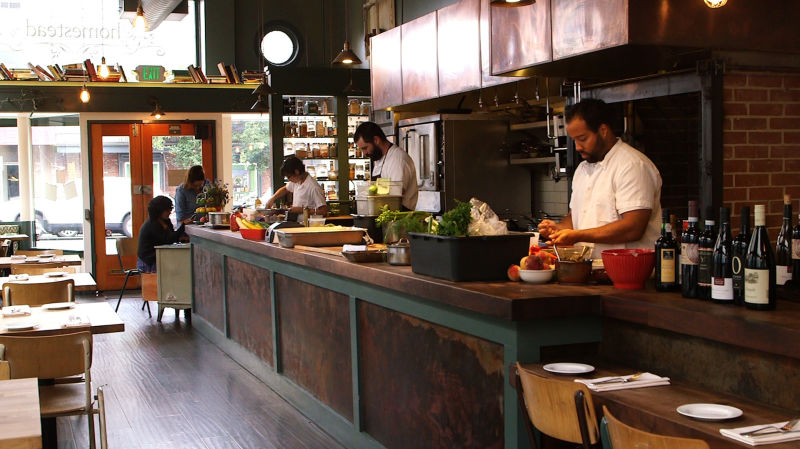Thousands of low-wage workers in seven Bay Area cities received notable raises this month as a result of new minimum wage increases that went into effect July 1 (2019).
Looking for A Raise? See Which Bay Area Cities Have the Highest Minimum Wages

The biggest increases are in Alameda, Milpitas and Fremont — for businesses with 26 or more employees — where minimum wage workers are getting a $1.50 hourly bump over their June earnings.
Those places are among a growing group of Bay Area cities boosting their minimum wages at a much faster pace than the rest of the state. At the start of 2019, California’s minimum wage ticked up a full buck to $12 for businesses with 26 or more employees, and rose to $11 for smaller businesses, with the target of a $15 hourly minimum for employers with 26 or more employees by 2022 and for all employers by 2023.
In contrast — and to the chagrin of many Democrats — the federal minimum wage has lingered at $7.25 since 2009. House Democrats on Thurs., July 18, approved a federal wage hike for the first time in a decade, a phased-in increase that would reach $15 an hour by 2025. The move, which passed largely along party lines, marked a long-sought victory for liberals, part of a push that many Democratic presidential candidates have also embraced.
But the measure has virtually no chance of surviving the Republican-controlled Senate, where Sen. Majority Leader Mitch McConnell, R-Kentucky, has already said he would not take it up.
A handful of cities, including Berkeley, San Francisco, Mountain View and San Jose, have already reached or eclipsed the state’s $15 target. In most of these cities, the wage is scheduled to increase annually based on the regional Consumer Price Index (CPI).
The map below shows minimum wage laws in every Bay Area city. Nineteen of them require wages above California’s minimum. The rest are still following the state’s wage schedule.
(If interactive map functionality is not working properly in the Chrome browser, please try viewing in Firefox or Safari.)
The small East Bay city of Emeryville now has the highest hourly wage in the nation: $16.30 for all employers regardless of size. That increase, however, has been fiercely contested by many of the city’s small restaurant owners (those with 55 or fewer employees), who had already been paying a minimum wage of $15, and argue that the additional $1.30 an hour is financially unsustainable.
Emeryville’s City Council, which had previously attempted to postpone the increase for those small businesses, could now move to put the issue on the ballot for the city’s voters to decide.
Opponents of minimum wage increases (and there are many) argue that they fly in the face of a free market economy, forcing small businesses to pay employees more than they can reasonably afford — a move, they say, that prompts layoffs, higher prices and closures.
Proponents, though, counter that a guaranteed living wage is a necessary safeguard for the lowest-wage workers, particularly in the increasingly unaffordable Bay Area.